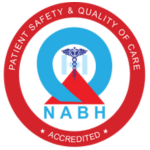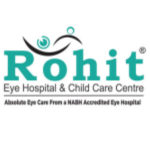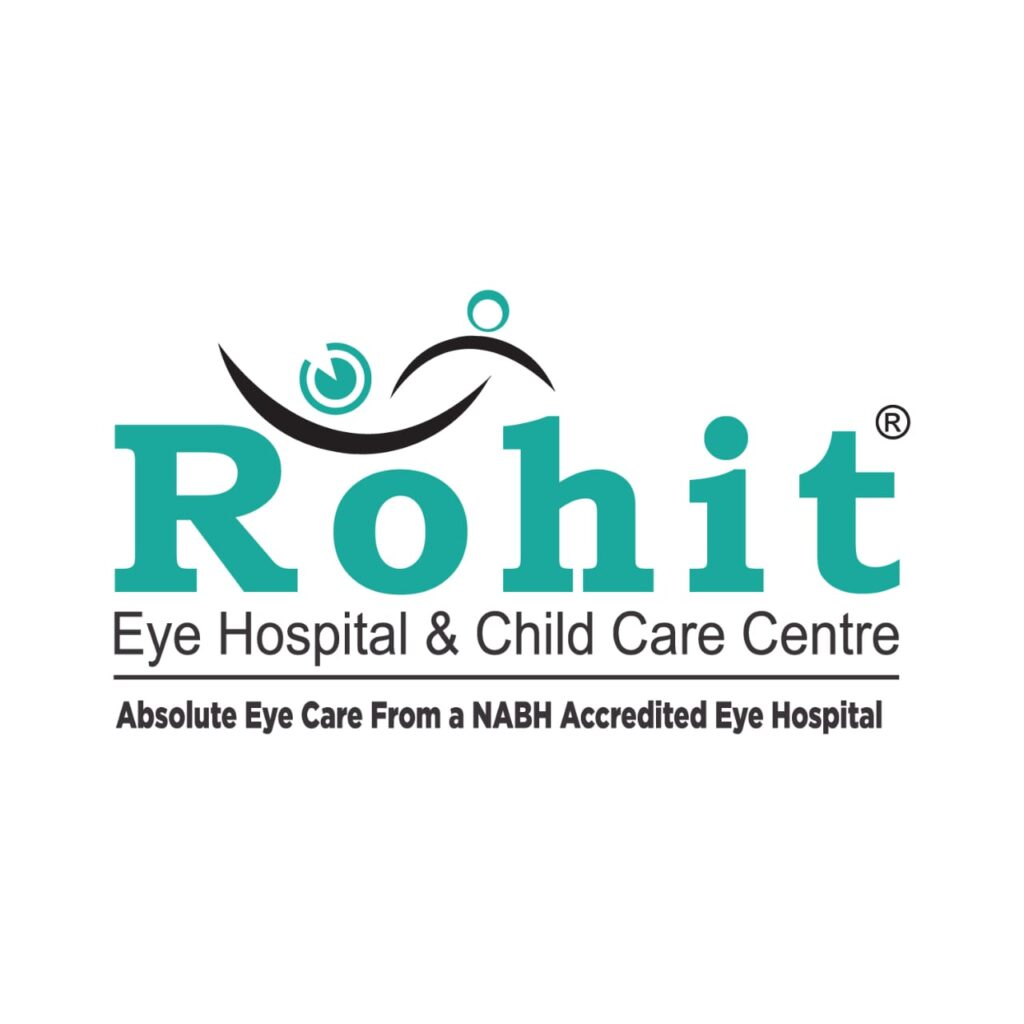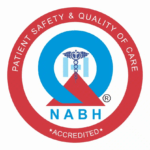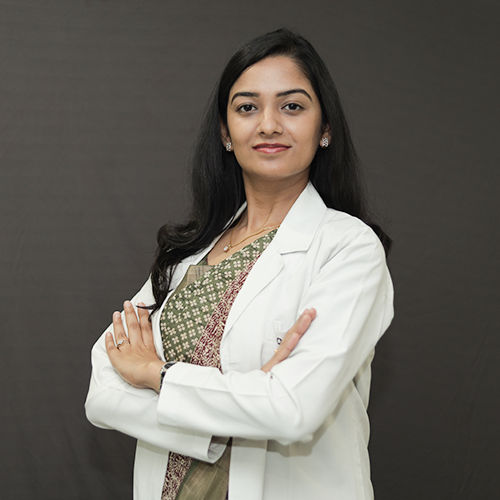Myopia Control
The hospital is commited to provide quality eye care to all the patients with a team of sub-specialty
consultants and latest technology & infrastructure.
- According to world economic forum the Short-sightedness is on the rise – including among kids.
- Around 2.6 billion people in world which suffers from myopia , according to the World Health Organization (WHO), which anticipates that this figure will rise to 3.4 billion by 2030
- Owing to these facts the myopia clinic has been established under the visionary leadership of Dr Palak Agarwal with the collaboration of Zeiss which is first in Madhya Pradesh


Are you concerned about your child's nearsightedness getting worse?
Take proactive steps with Myopia Control to help preserve their clear vision. Read on to learn more about this innovative approach.
Understanding Myopia
Myopia, or nearsightedness, is a common vision condition where distant objects appear blurry. It typically starts during childhood and may worsen over time if left unmanaged.
What is Myopia Control?
Myopia refers to various treatments and interventions aims at slowing down the progression of nearsightedness or myopia.It involves pro active measures that can help prevent or reduce the severity of myopia,escpecially in children.
Why is Myopia Control Important?
Myopia Control is essential for the long-term well-being of your child’s vision. By slowing down the progression of myopia, we aim to reduce the risk of high myopia and associated eye complications in the future. Additionally, effective Myopia Control can enhance your child’s quality of life by reducing their dependence on glasses or contact lenses & improving their visual comfort. Investing in Myopia Control now can lead to healthier vision & potential cost savings in the long run.
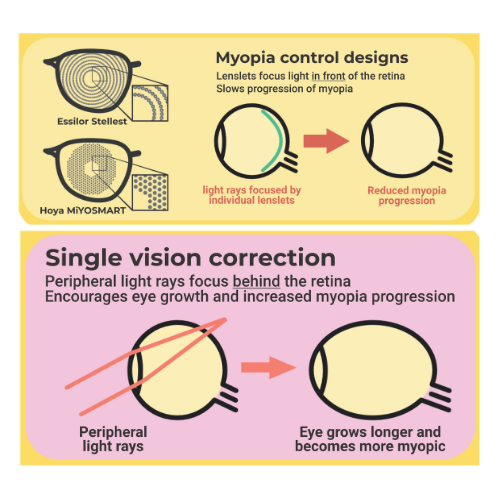

Our Myopia Measurement Measures:
- Low Dose Atropine Eye Drops.
- Multifocal Glasses.
- Multifocal Contact Lenses.
- Orthokeratology.
- Combination
Risk Factors of Myopia
Family History
Genetic Predisposition
Ethnicity
Increasing Age
Near Work Activities
Prolonged Screen Time
Measure for Childrens to Reduce Myopia Progressions
The Benefits of Myopia
Controls
- Slows Down Myopia Progression.
- Reduced Risk of Eye Health Issues.
- Improved Visual Comfort.
- Convenience and Freddom.
- Better Long-Term Visual Outcomes.
Myopia control involves

1) Atropine drops
2) Ortho-k lenses
Orthokeratology (Ortho-K) is a contact lens treatment that can help control the progression of myopia (near-sightedness)
How it works
Ortho-K lenses are worn overnight to temporarily reshape the cornea, which improves vision during the day. The lenses flatten the center of the cornea, which changes how light enters the eye and makes distant objects appear clearer.
Effectiveness
Ortho-K can slow the progression of myopia by about half compared to standard glasses or contact lenses. It’s most effective in children ages 6–9, but can also be used for teenagers and young adults.
Other benefits
Ortho-K can also correct hyperopia (farsightedness) and astigmatism. It can be a good option for athletes who don’t want to wear glasses or contacts while playing sports, and for adults who need to see clearly without reading glasses.
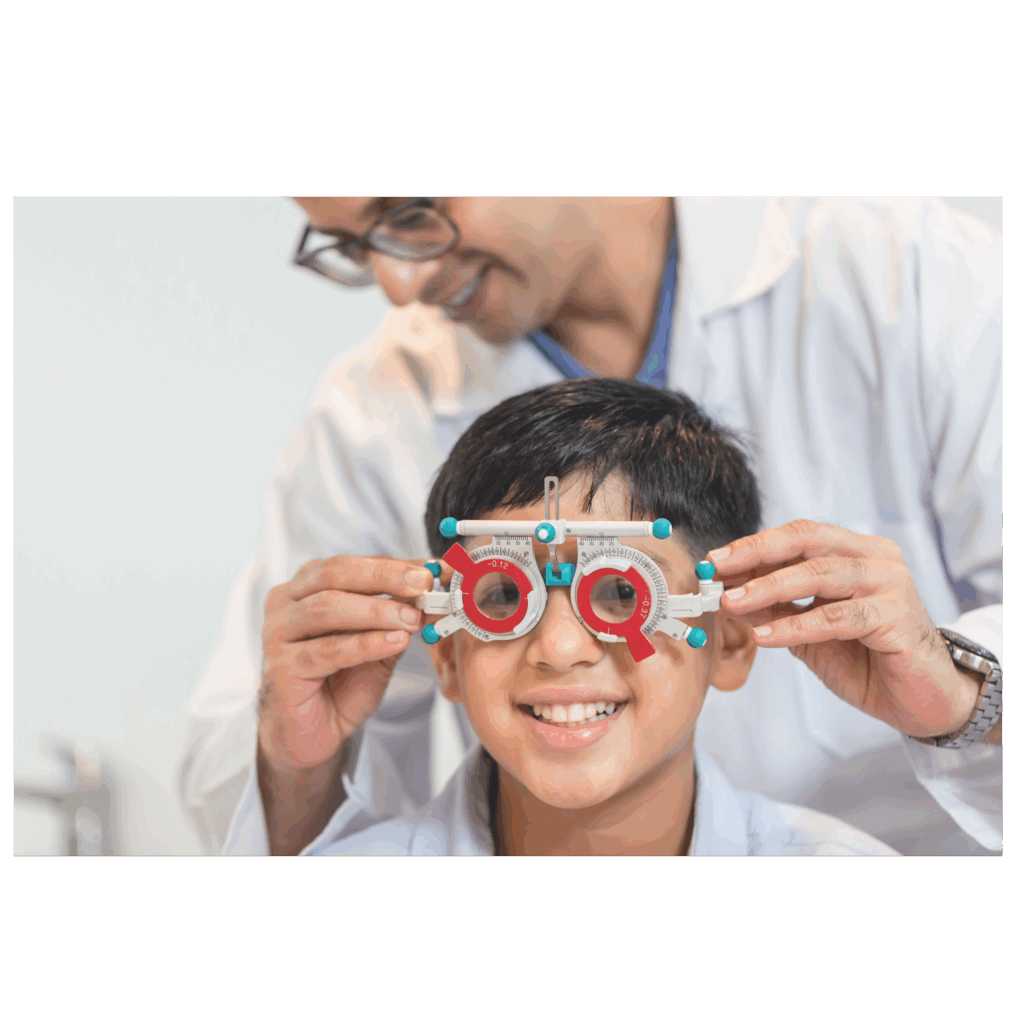
Myopia control glasses
Myopia control glasses are eyeglasses that can help slow the progression of myopia, or nearsightedness:
How they work
Myopia control glasses redirect peripheral light to reduce stimulation and axial growth of the eyes. This signals the brain to slow the growth of the eyes, which is the main cause of progressive myopia.
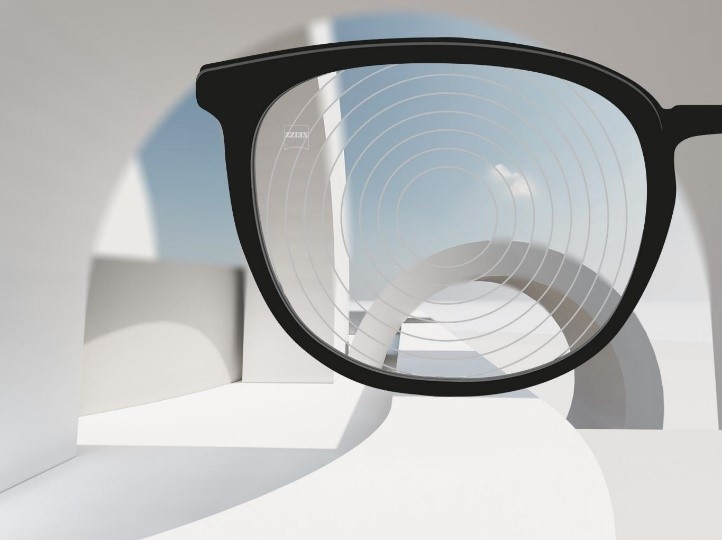
Laser-assisted in situ keratomileusis (LASIK)
Laser-assisted in situ keratomileusis (LASIK)is a common eye surgery that can correct myopia, or nearsightedness:
How it works: A flap is created in the cornea, and an excimer laser reshapes the cornea. The flap is then put back in place.
Benefits: LASIK can correct a wide range of myopia, and it can be repeated to improve vision further. It’s associated with less pain and a faster recovery than other surgeries
Dr. Palak Agrawal
MBBS, DNB (Gold medalist), FICO, FRS
Cataract & Refractive surgeon
- Consultant- Cataract and Refractive surgery, Rohit eye hospital and child care center
- DNB from Sri Sankaradeva Nethralaya, Guwahati
- Gold medalist in DNB Ophthalmology all over India
- Fellow of International Council of Ophthalmology
- Fellowship in Refractive surgery from Narayana Nethralaya, Bangalore
- Specialization in refractive surgeries (LASIK, PRK, ICL), Keratoconus, Dry eye, Contact lenses and amblyopia therapy.
- Successfully performed many cataract and refractive surgeries.
- Has delivered multiple talks in various conferences on dry eye and myopia control.
- She has also cleared Advanced ICO examinations and received the designation of Fellow in International Council Of Ophthalmology(FICO).
